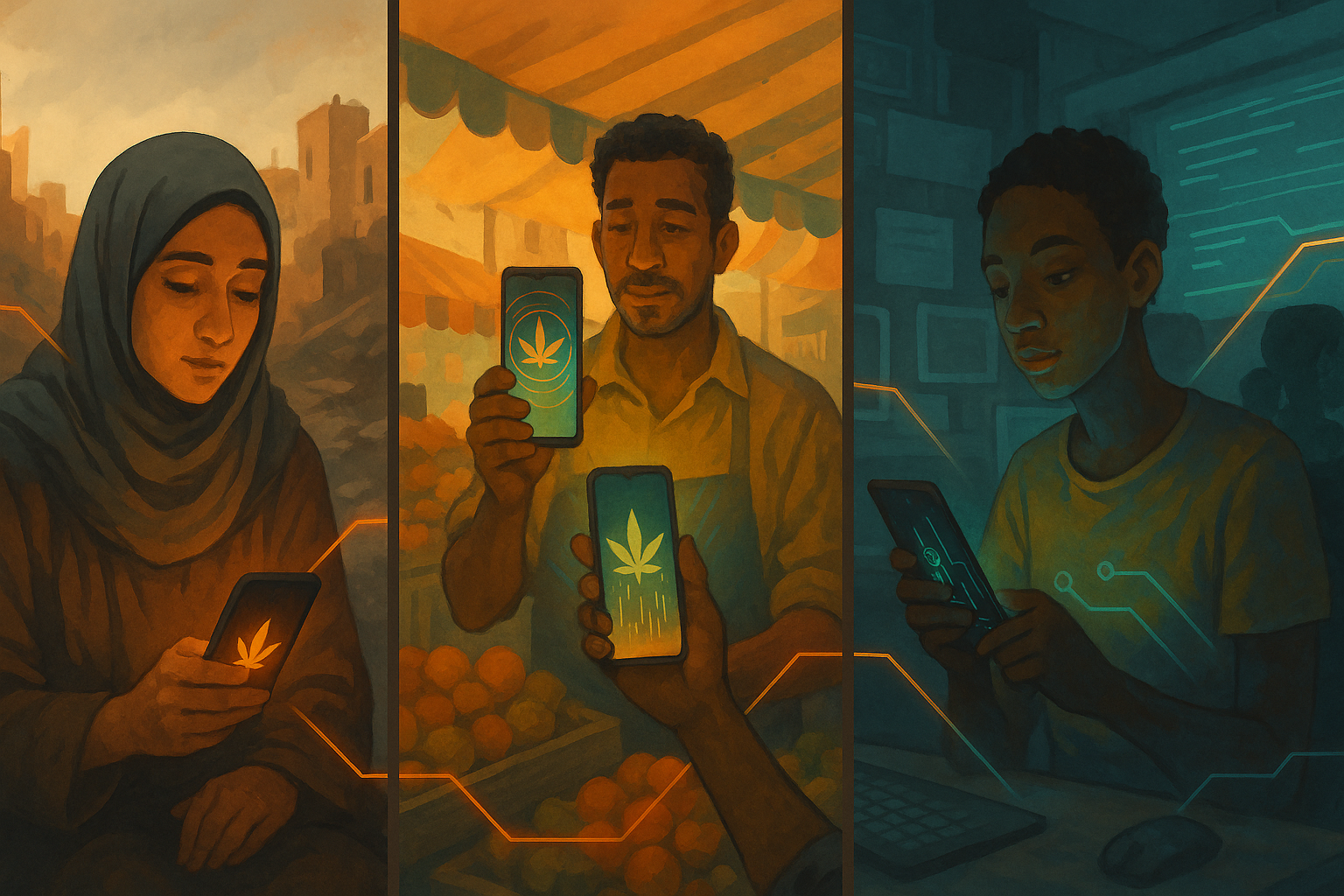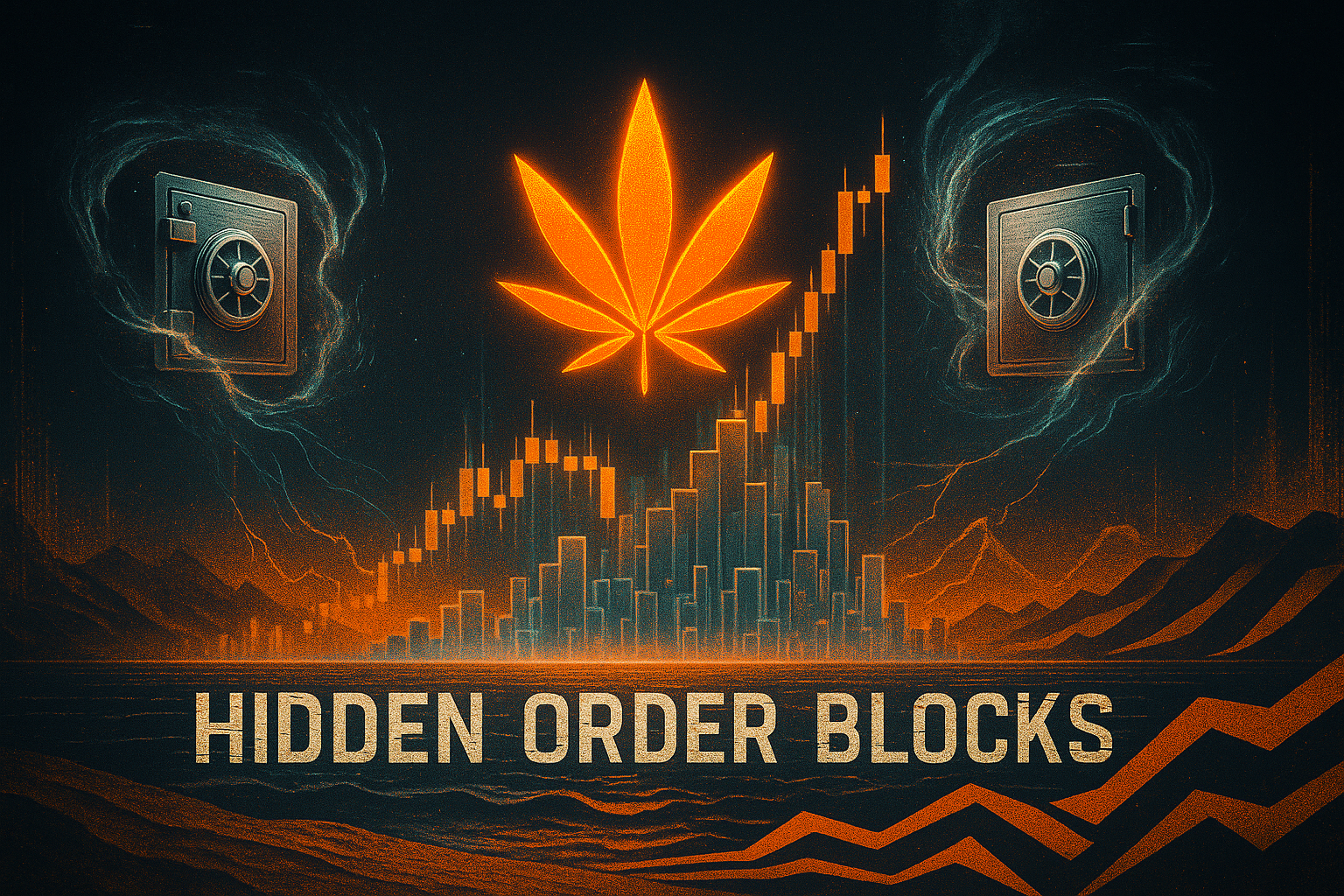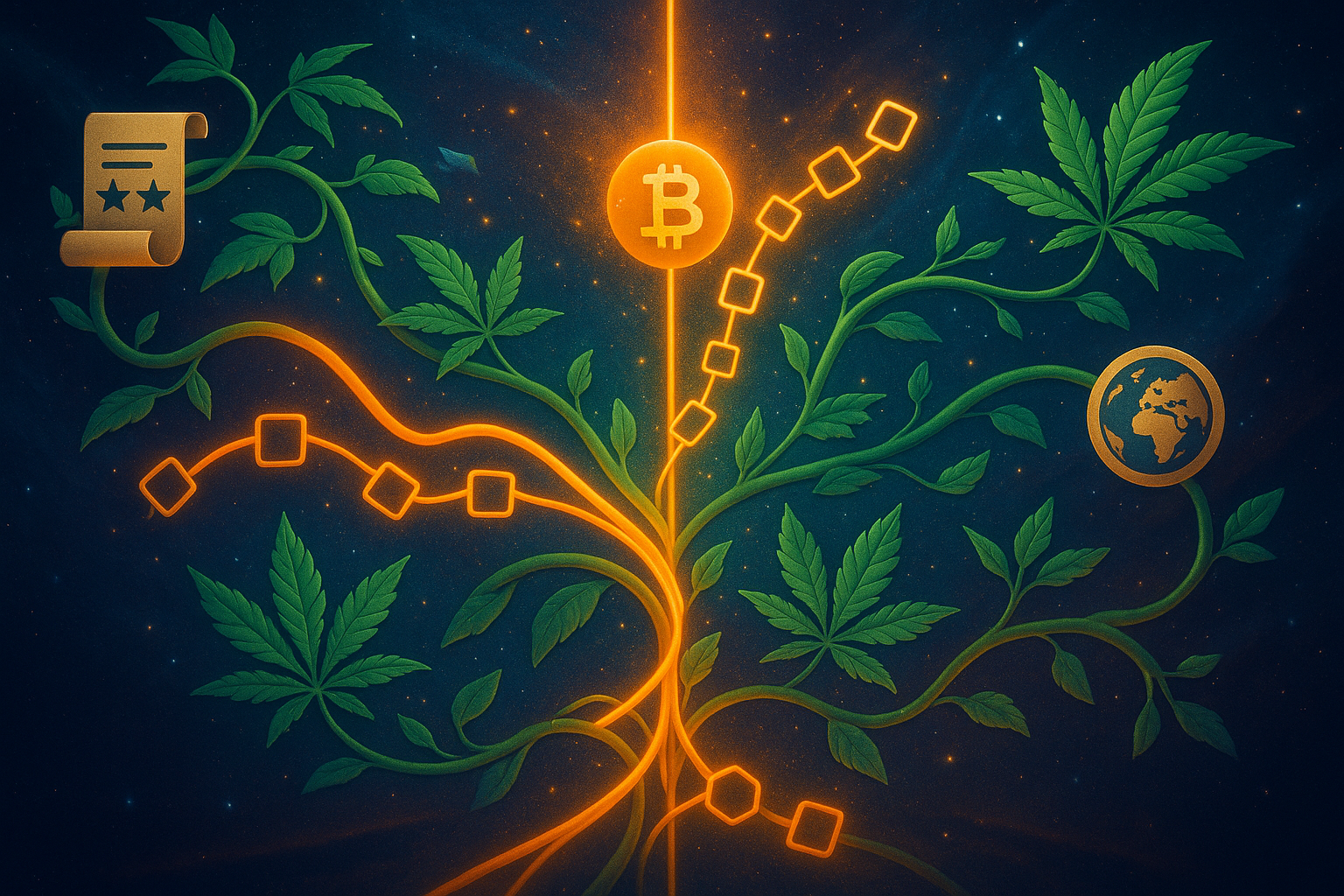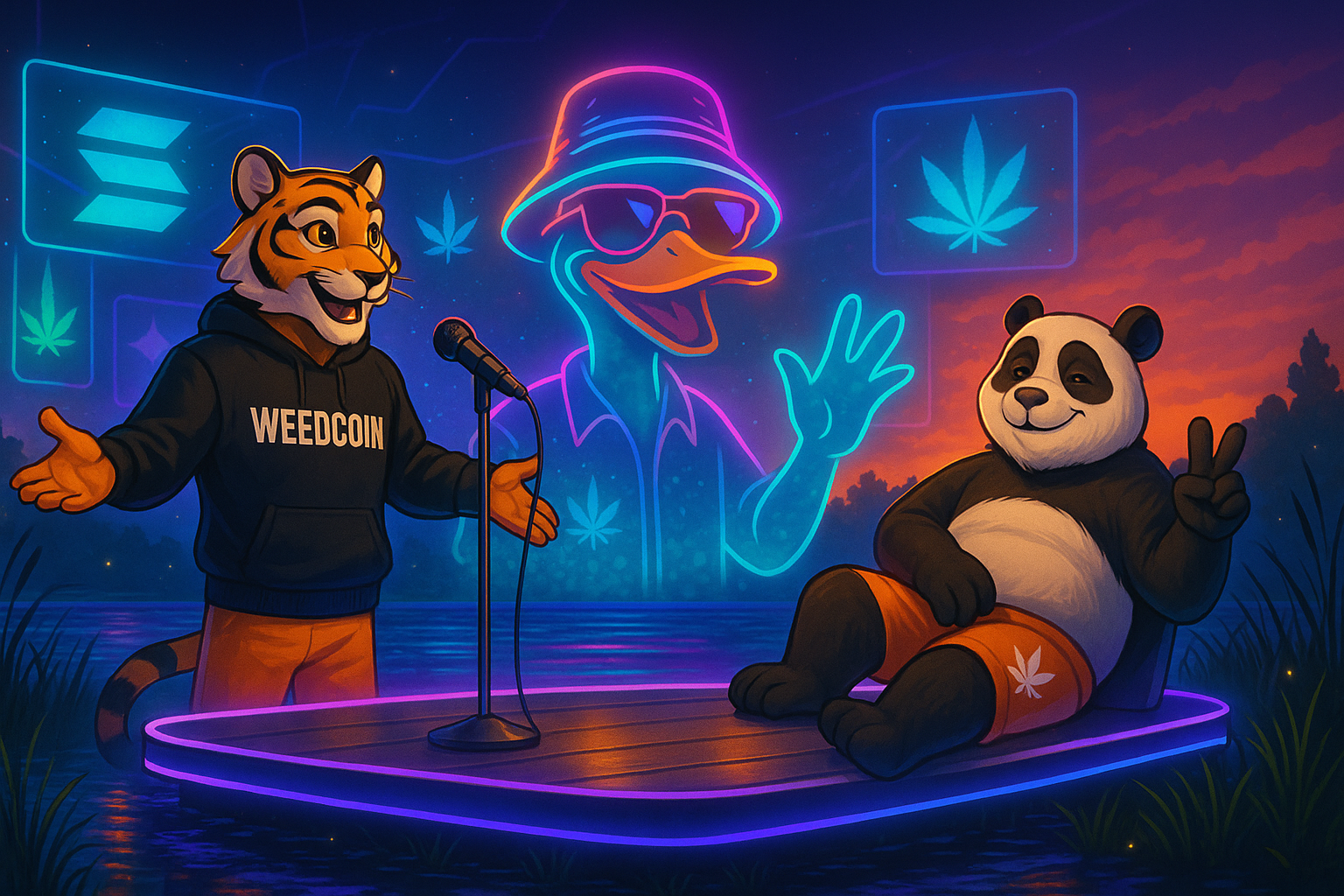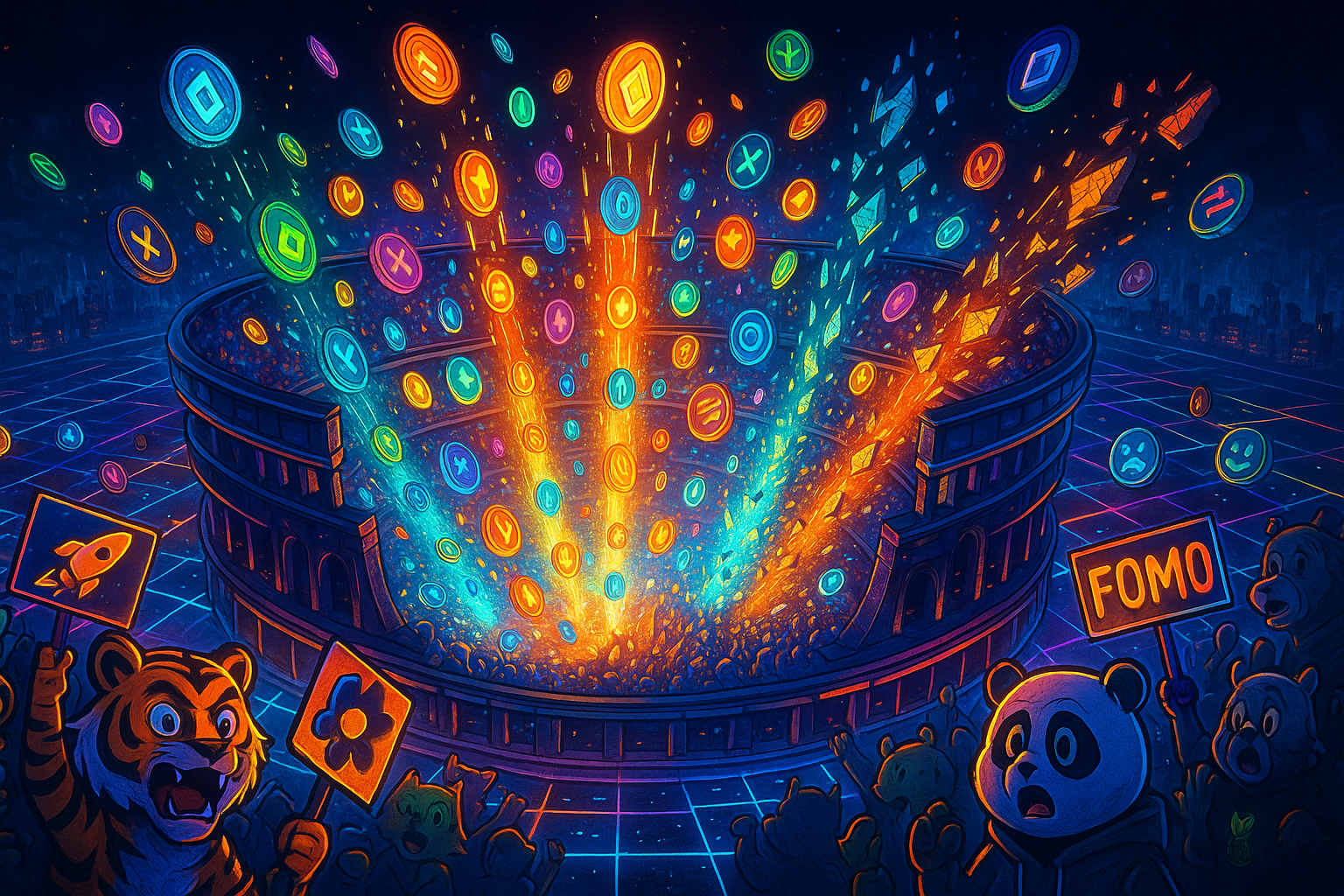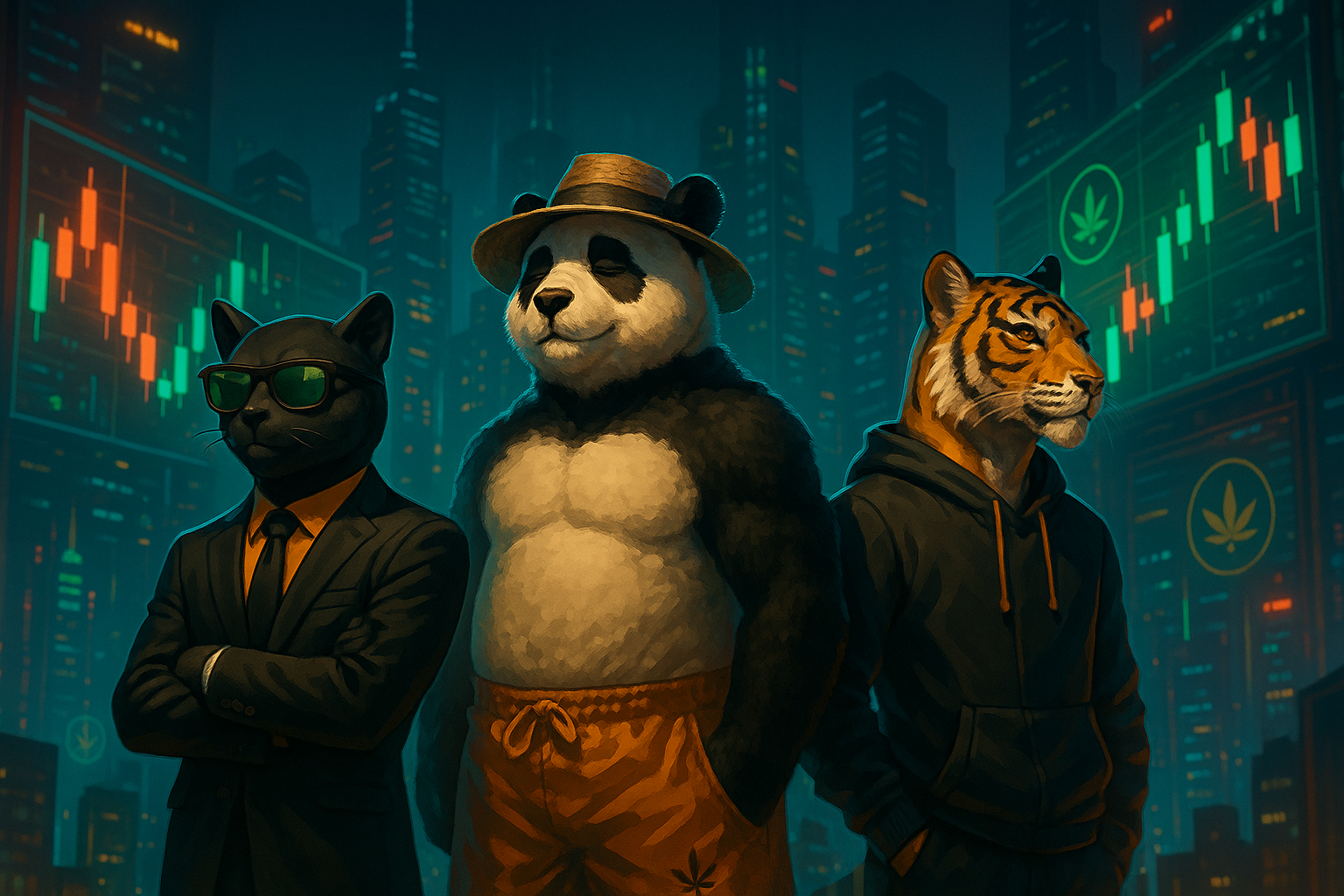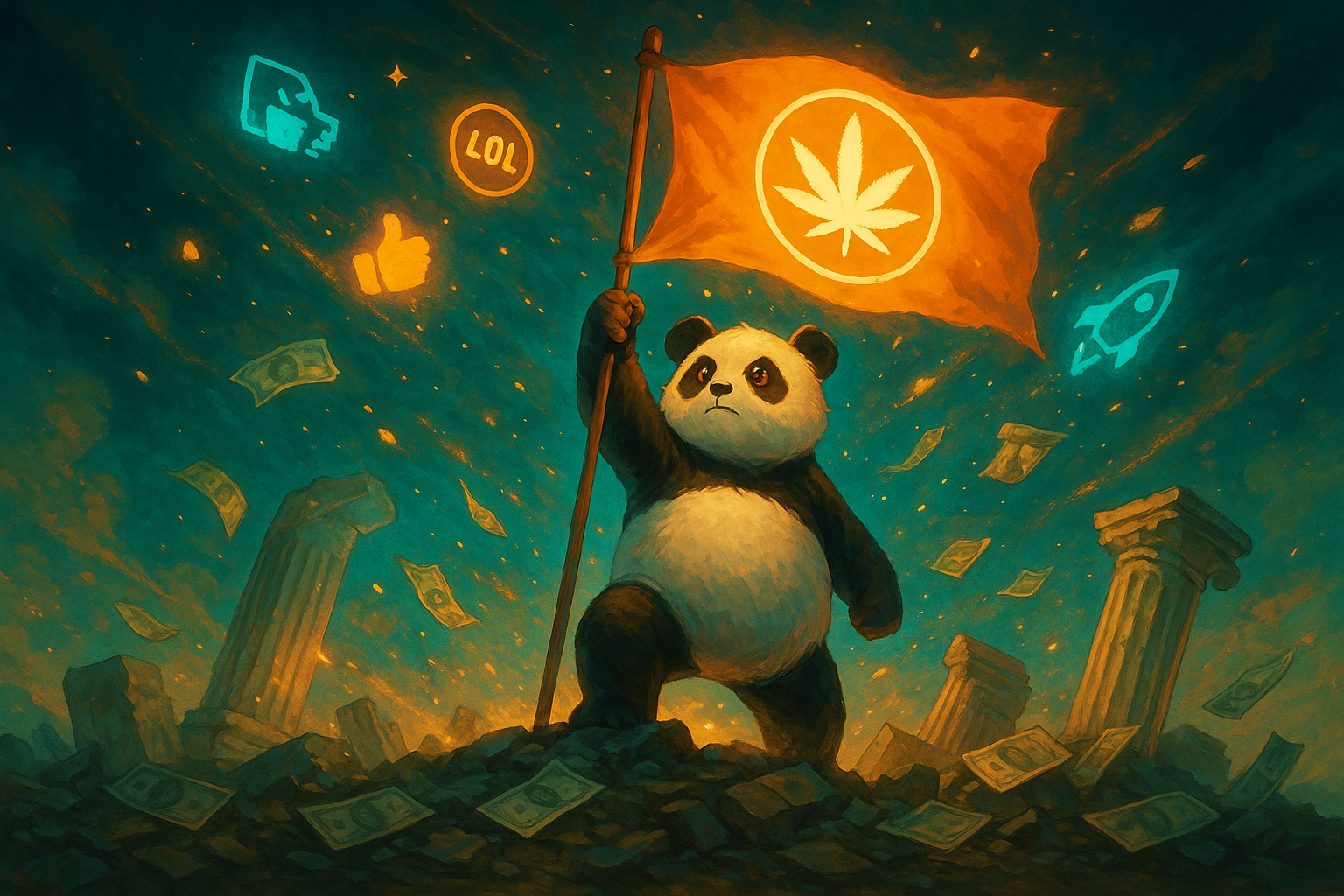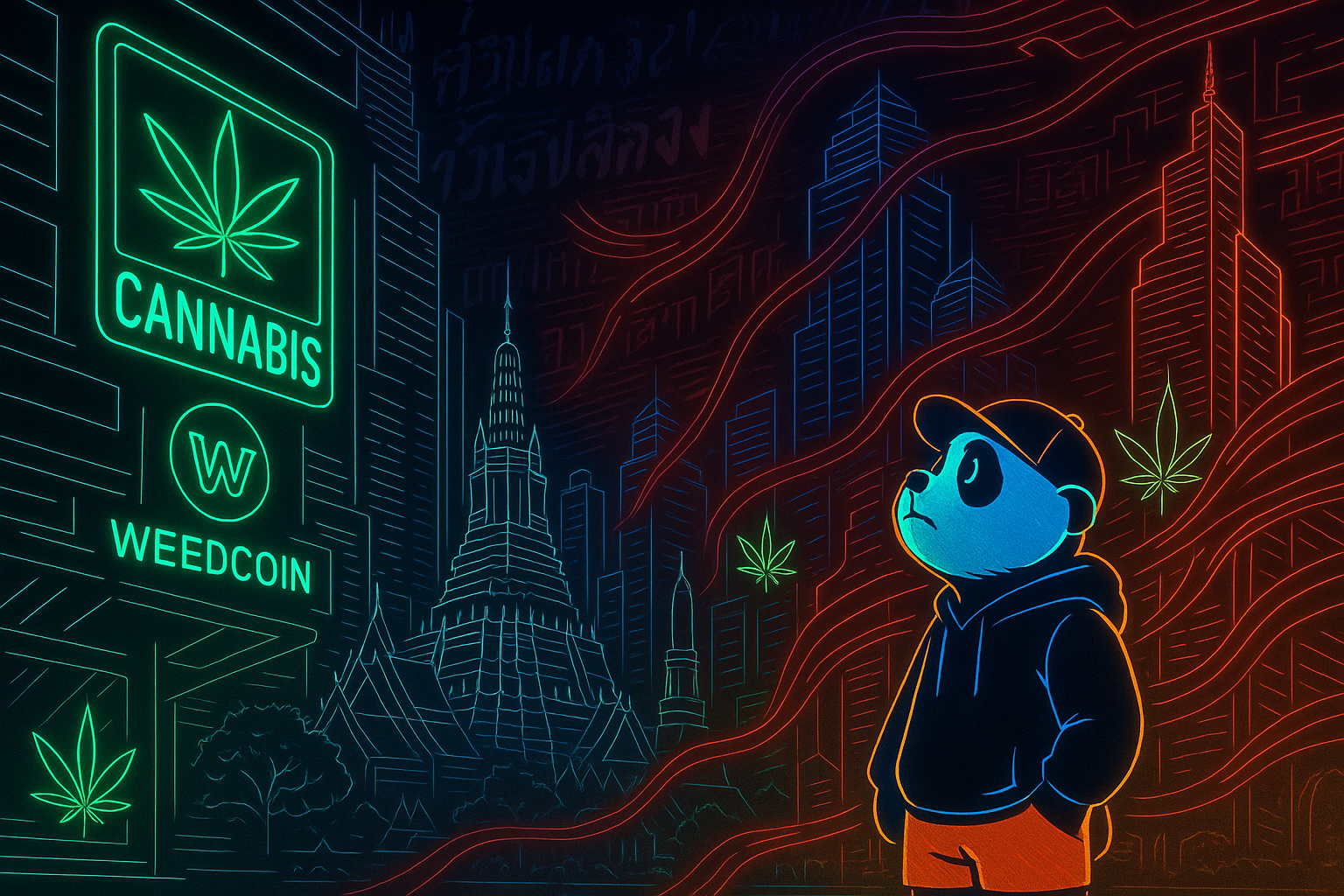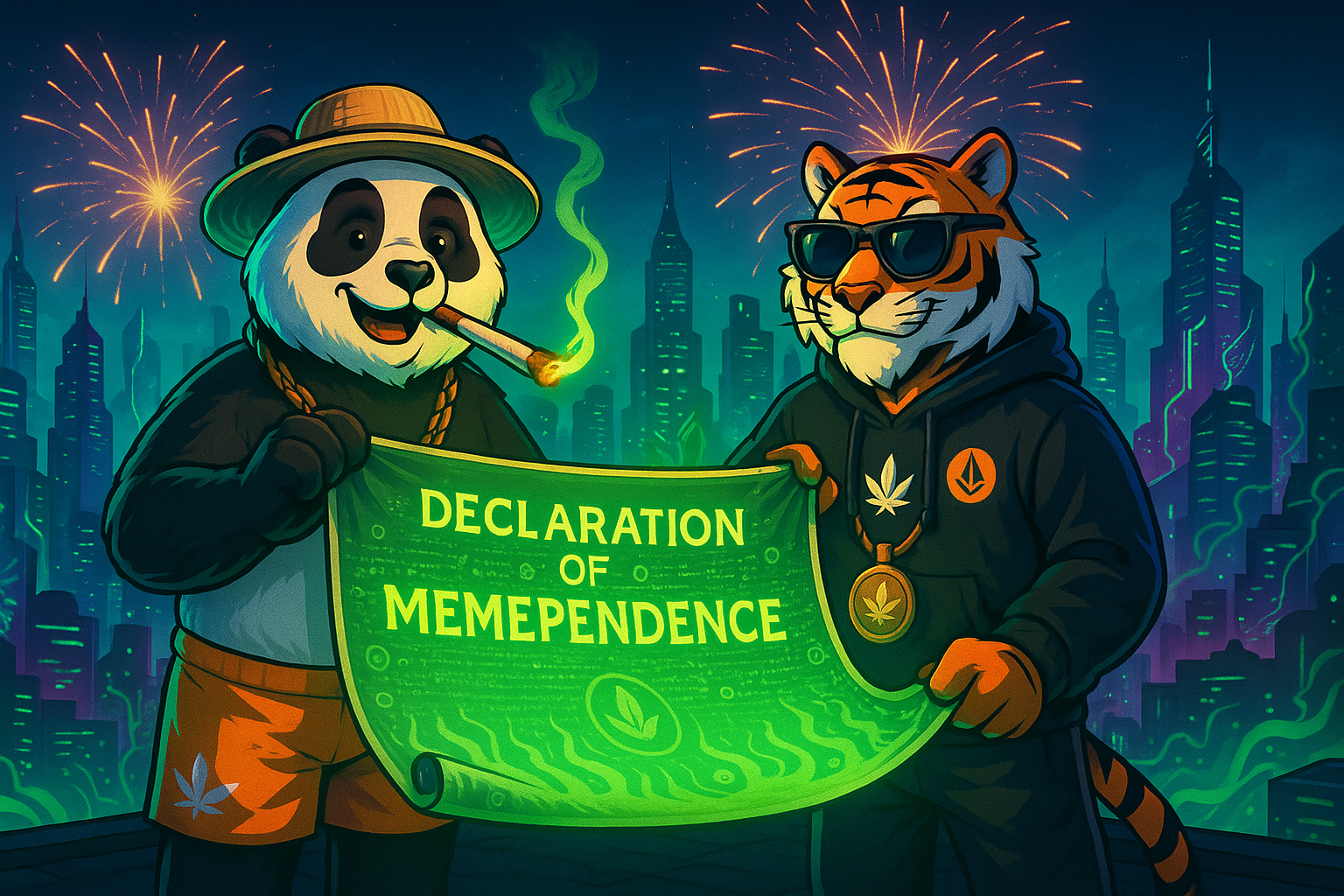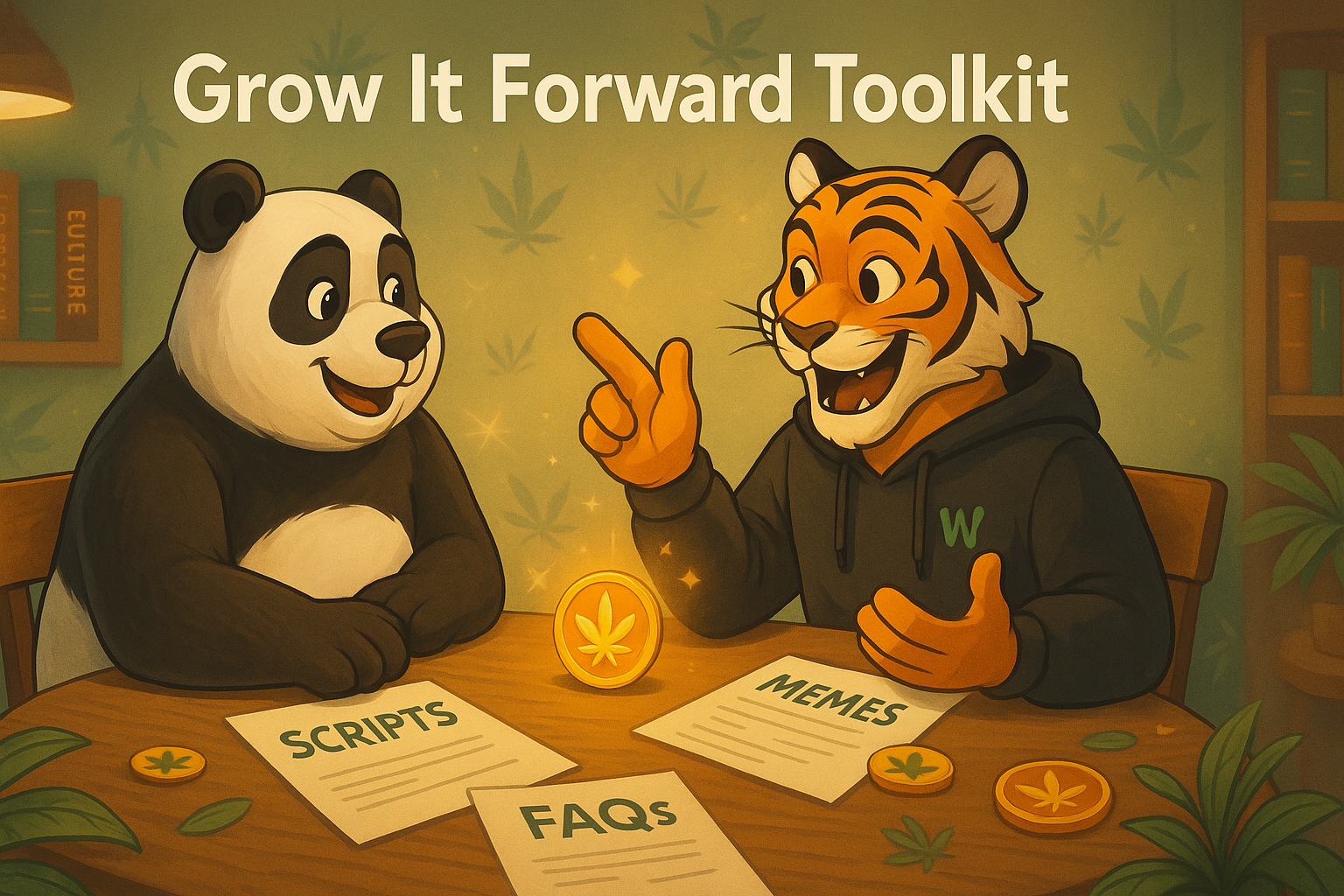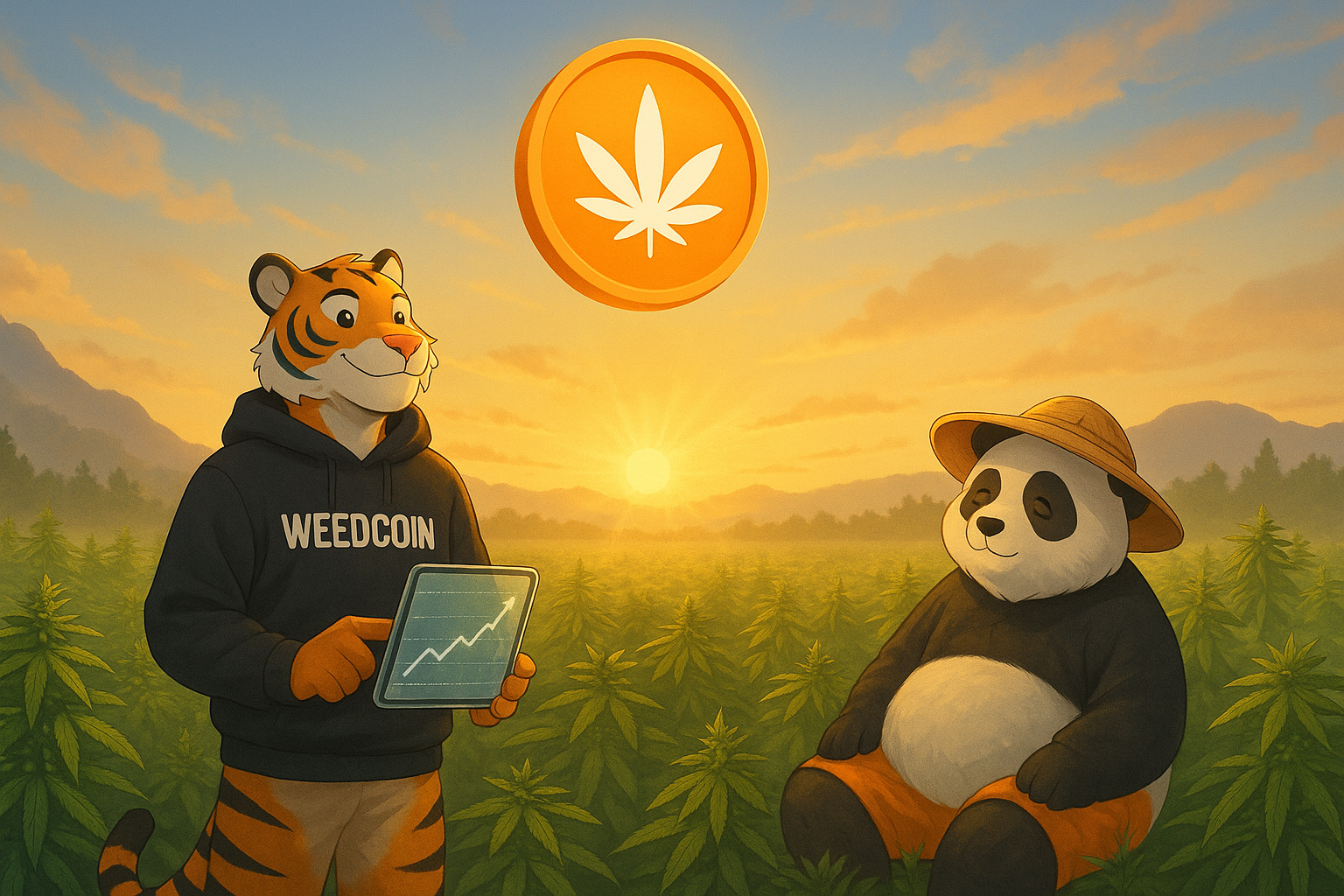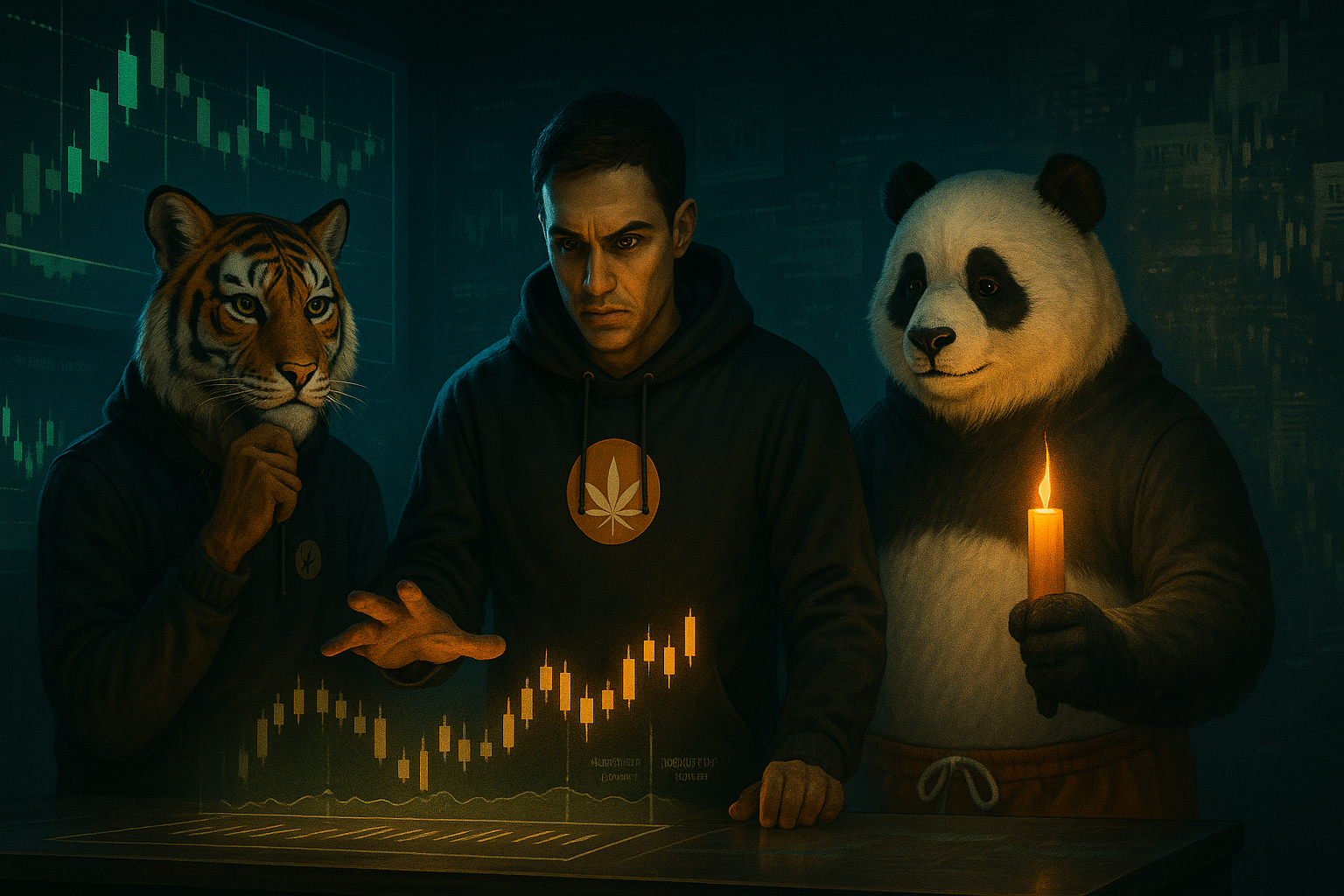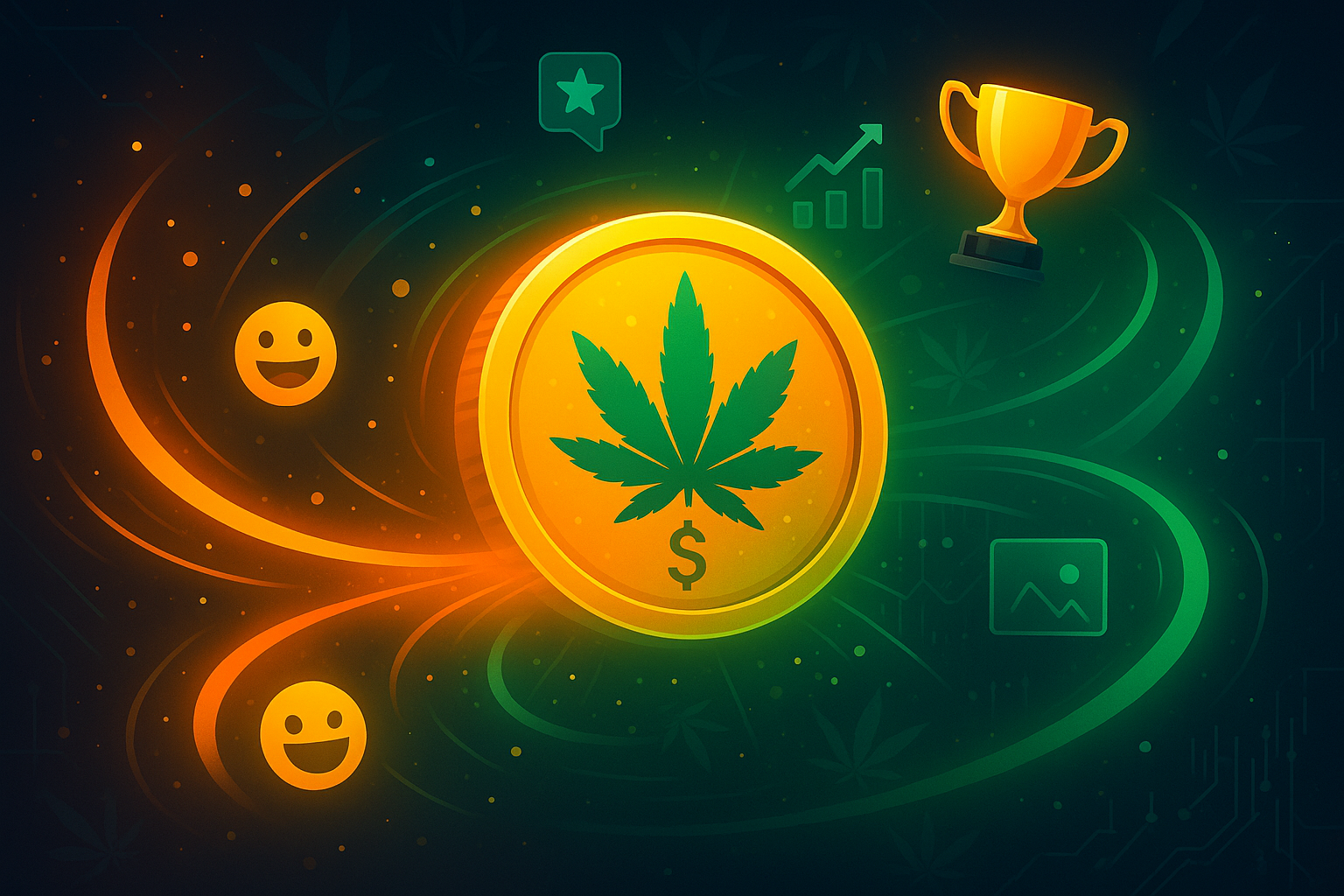World Tokens in Crisis: How Crypto Brings Stability
When systems break, crypto stays open.
When the world catches fire, the exits clog. Traditional banks lock up. Borders close. Institutions falter. But crypto keeps moving.
In the past 24 hours, a full-scale conflict between Israel and Iran has broken out, marking one of the most dangerous escalations in Middle Eastern history. Hundreds of missiles, widespread blackouts, and growing civilian displacement have brought the fragility of centralized systems into sharp relief. But while banks shutter and payment systems falter, decentralized blockchain networks continue to operate without interruption.
As geopolitical conflict escalates, decentralized tokens are no longer just speculation tools—they're lifelines for the people caught in the crossfire.
Today, we step into the fire to examine a hard truth:
In crisis zones, crypto isn't a luxury. It's survival.
The Decentralization Dividend
Conflict exposes the most brittle parts of the legacy financial system. Banks need stable infrastructure. Currencies collapse under pressure. Governments impose capital controls. For civilians, that often means frozen assets, hyperinflation, or total economic shutdown.
Tokens like USDC, USDT, and even meme-adjacent projects like Dogecoin have found unexpected use cases in war zones—not because they're cool, but because they're available. They move across borders. They aren't tied to a single regime. They work when nothing else does.
This is the decentralization dividend: not profits, but persistence.
Weedcoin's Role in a Fractured World
Weedcoin was built as a cultural rebellion—but its foundation is function. It operates on Solana, which remains fast, scalable, and low-cost even under strain. The token was designed to flow peer-to-peer, across borders and ideologies, with no intermediaries and no pause button.
In times of peace, Weedcoin is a symbol. In times of unrest, it's a tool. In every moment, it's rooted in the cannabis culture of peace, wellness, and collective liberation.
From dispensary owners in the U.S. facing banking discrimination to artists in Latin America monetizing their digital independence, Weedcoin is already showing up where centralized systems fail.
Crypto as Modern Neutrality
Blockchains don't take sides. They don't shut down when the power structure changes. This neutrality is critical. In volatile regions, where taking a political stance can mean losing access to your finances—or worse—crypto offers a kind of apolitical resilience.
For civilians, neutrality means safety. For movements, it means mobility. For the future, it means continuity.
A New Kind of Global Citizenship
Owning tokens that cross borders freely is becoming more than financial freedom—it's digital citizenship. In an era where you may lose your home, your country, or your passport, the only asset that stays with you is your wallet.
Crypto wallets are now passports. And tokens like Weedcoin aren't just currencies—they're cultural identities, social currencies, and survival tools.
The Moment Demands a Shift
We can't meme our way out of every crisis. But we can build systems that endure through them. The conflict unfolding between Israel and Iran isn't just a geopolitical flashpoint—it's a test of global infrastructure, resilience, and human coordination.
Crypto doesn't solve war. But it softens some of its edges. It offers civilians options. It offers organizers escape hatches. It offers communities a sense of continuity.
And maybe, just maybe, it reminds us that peace doesn't come from power—but from access. And for Weedcoin, peace isn’t a dream. It’s a design principle.
Practical Tips
- Always store your wallet seed phrase offline and in a secure location.
- If fleeing a conflict zone, keep access to your crypto wallet on a cold or mobile device.
- Use stablecoins like USDC when local currencies are volatile.
- Know how to receive and send crypto peer-to-peer without an exchange.
- Consider tokens like Weedcoin that operate on low-fee chains like Solana.
Key Takeaways
- Crypto stays live even when borders and banks shut down.
- Weedcoin offers more than cultural value—it offers resilience.
- Blockchains are neutral, which provides safety in political conflict.
- Digital wallets are becoming a form of modern citizenship.
- Crisis is where the true use case for decentralized tokens emerges.
What do you think? Should every citizen in the world have a decentralized wallet by default? Let us know in the comments.
